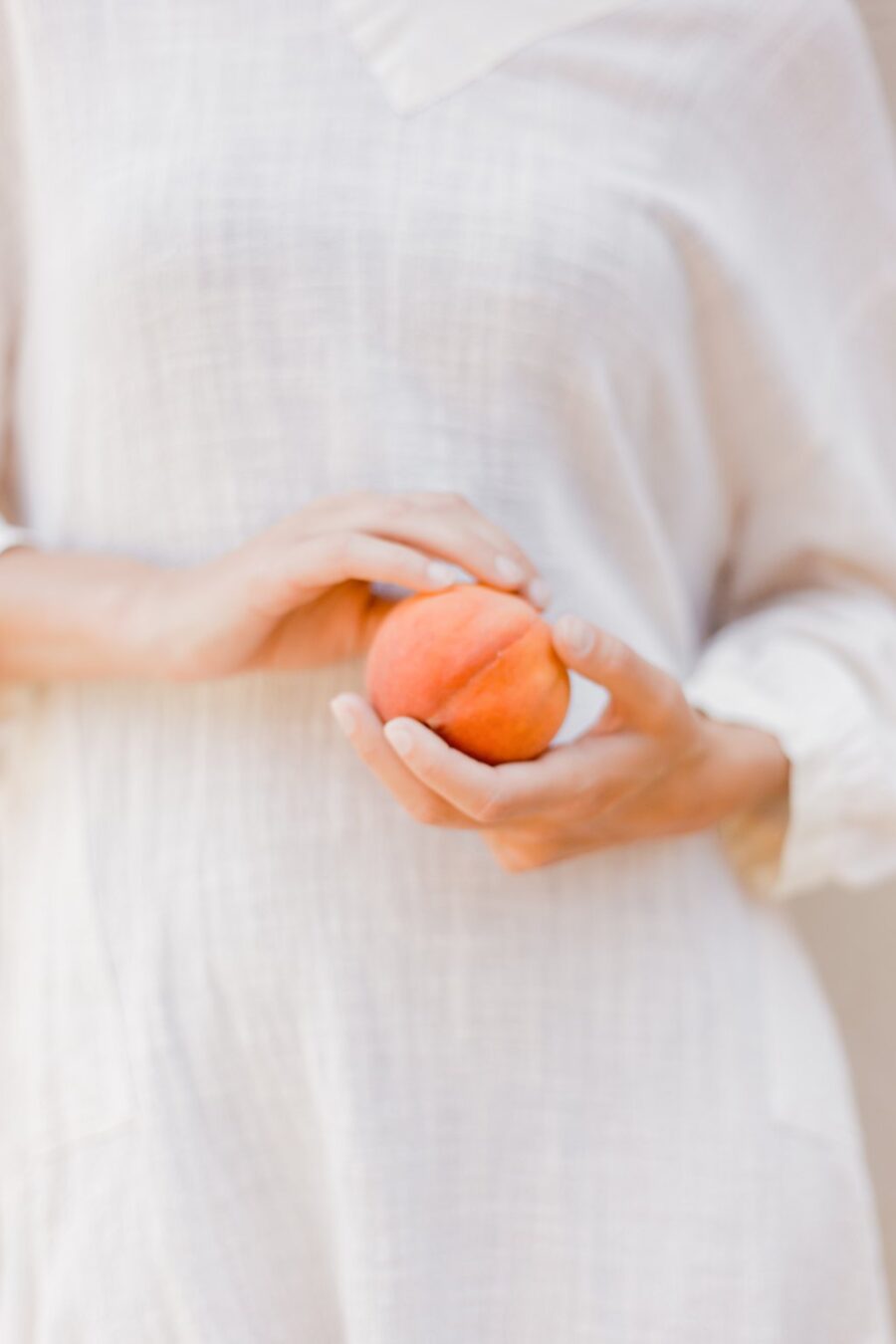
10 Plastic-Free Kitchen Essentials To Help You Go Zero Waste On A Budget
Tools For A Zero Waste Kitchen
If you’re just starting out on your plastic-free, zero waste journey—or are somewhere in the middle of things—the kitchen is by far, one of the easiest places to make a significant change. Most of us would only need to open our top drawer to reveal the massive amount of single-use, disposable plastic items (baggies, plastic wrap, food items, and more) that have become a kitchen essential in nearly every household. Yet, as we begin to extract ourselves from plastic’s harmful effects on our bodies and our world, we might be left to wonder what essentials can take its place?
The best kind of plastic-free kitchen essentials are beautiful, multi-purposeful, and budget-friendly to boot. That’s because they combine plenty of old-school wisdom with new and thoughtful innovations that make your plastic-free kitchen the perfect place for creative solutions and, of course, a little elbow grease.
Remember, the goal is to work towards zero waste and ditch that all-or-nothing mentality that can quickly sabotage even the best laid plans. Take these small and practical steps towards a more sustainable future and embrace the simple swaps that add up over time.
Ready to start? Here are 10 kitchen essentials to help you be plastic-free on a budget.
1. Mason Jars
This plastic-free kitchen staple continues to receive its fair share of attention through the years and for good reason. The mason jar is functional, beautiful, portable, and versatile. I’d argue that it’s the best item to help you transition away from plastic kitchen storage for good because of its low price point and myriad of uses. They make it easy to spot leftovers in the fridge so you can cut back on food waste, and it’s the ultimate zero waste method for buying and storing food in bulk. So go ahead and stock up on sets of 16 oz. jars.
2. Beeswax Wrap
Preserving food in single-use, disposable plastic wrap is for the birds while reusable wrap has gone to the bees (get it?). Food wrapped in plastic has a very high concentration of BPA—a synthetic chemical that disrupts proper cell function—and can contribute to the trillions of microplastic pieces found in our oceans and waterways. But a pack of reusable beeswax wrap won’t include that nasty BPA function. They work just as well as other food wraps and can be reused over and over again. Just remember to wash with biodegradable soap under cold water to keep the wax from melting off!
3. Cloth Napkins
Don’t be nervous about this simple swap. You can buy a set of 12 cloth napkins and skip the plastic-wrapped replacements to save money. Reuse them until they are dirty enough to throw in with the rest of your laundry and then embrace the wrinkles and stains! Imperfections add the best kind of character and in this case, it’s a conscious choice that is worth making. White cloth napkins are certainly pretty, but darker colors and patterns draw your eye away from marks and stains.
4. Dish Brushes
Trading your sponge for a dish brush is a change you can make once that will last for a long time. The majority of store-bought sponges are disposable, tend to hold more bacteria, and wrapped in plastic. (If you can find one without the wrap, then go for it!) The bristled brushes easily scrub away food without morphing into a bedraggled and brown mess. I love my wooden brushes and compost them when they fall apart. Here’s a multi-sized set that’s great for scrubbing pots, pans, and fruits and veggies.
5. Reusable Food Storage Bags
From holding a loaf of bread at the bakery to trading places with the plastic produce baggies at the grocery store, reusable food bags can be likened to a cloth version of mason jars. Versatile and affordable, stocking up on cloth bags can help you take a huge leap towards a plastic-free kitchen. They are also an easy conversation-starter at the store and I never miss an opportunity to (over) share with strangers. Look for a multi-sized set that can carry both leafy greens and bulky items like beans.
6. Glass Spray Bottles
Once you’ve ditched the toxic cleaning sprays and decided to DIY your own, you’ll find that these glass spray bottles come in handy. I like to keep one on hand for the homemade cleaning solution and one filled with water for a quick wipe down or keeping the plants happy. Get a pack with different sizes and spray settings!
7. Funnel Set
Once you begin buying food in bulk, a kitchen funnel will help you easily transfer the contents from cloth bags to mason jars. If you are wondering if this is an essential or not, it is! The only thing worse than cleaning half a bag of oats off the floor is throwing it away. Invest in a set of plastic-free funnels that will help you reduce unintentional food waste. Look for a set that works for both liquid and dry goods.
8. Reusable Coffee Filters
A morning cup of coffee is essential. Plastic-wrapped coffee filters? Not exactly. In an effort to be truly zero waste, I switched to reusable coffee filters that are easy to clean and work just as well as the store-bought versions. Brew a cup of your favorite drip or pour-over as usual, compost the grounds, then rinse out the filter.
9. Resealable Sandwich Bags
Nixing the single-use, disposable plastic baggies for good requires a great eco-alternative like resealable sandwich bags. If you’re frequently packing a lunch or traveling and bringing food along, take your zero waste habits up a notch by storing them in a reusable bag. Many have easy-to-clean interiors that are dishwasher-safe and are durable enough that your food won’t get squashed. I had a lot of luck while taking mine along on a recent backpacking trip! Try a multi-colored set to keep your kitchen bright!
10. Handkerchiefs, Bandanas And Rags
These simple items have an infinite amount of potential and there are so many ways to use them in your plastic-free kitchen. Put a small container full of bandanas or rags in an easily accessible spot and use them to wipe up a mess, wrap up food for snacks on-the-go, and fulfill other small kitchen tasks—without the waste of paper towels.
RELATED READING
Katherine Oakes is a professional writer, editor and aspiring environmental advocate based on the East Coast. Her passion for sustainability and the outdoors comes only second to her love of really good tacos. She has written for various publications and brands including, Huckberry Journal, REI’s Adventure Projects, Pure Green Magazine and more. Offline, you can find her teaching yoga or blogging about her wholehearted attempts at sustainable living at The Basic Goods.
